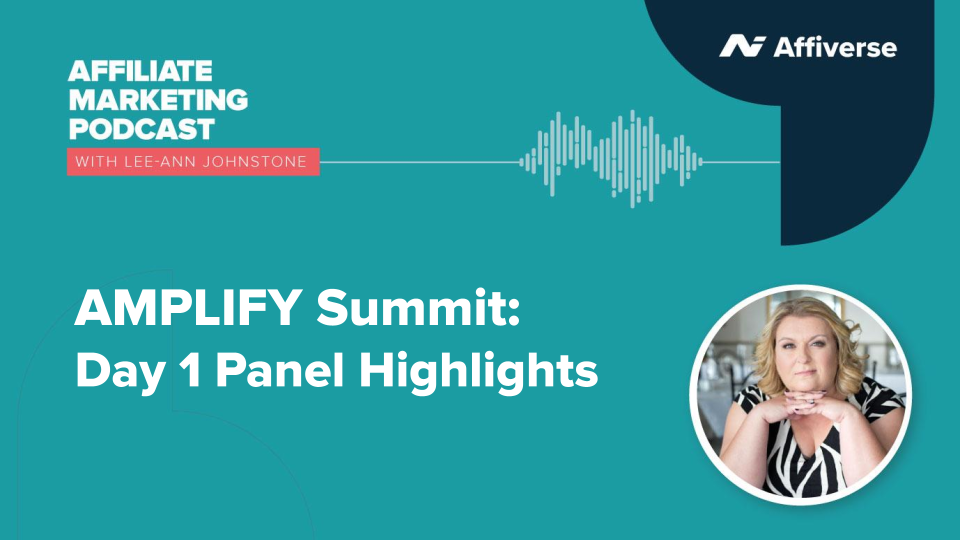Google has delayed the deprecation of third party cookies to an undisclosed time in 2025.
In a statement published to The Privacy Sandbox, Google announced: “We remain committed to engaging closely with the CMA and ICO and we hope to conclude that process this year. Assuming we can reach an agreement, we envision proceeding with third-party cookie deprecation starting early next year.”
A reprieve, not a reversal
It’s important to understand that this delay is just that – a delay. Google remains committed to phasing out third-party cookies, with the new deadline set for 2025. This gives affiliate marketers a crucial year to prepare for a cookieless future.
What are third-party cookies and why are they going away?
Third-party cookies are small data files placed on a user’s browser by websites other than the one they’re currently visiting. These cookies track a user’s browsing activity across the web, allowing advertisers to target them with personalised ads. However, privacy concerns have mounted over the years, with users feeling increasingly uncomfortable with being tracked without their knowledge. Google’s decision to ditch third-party cookies reflects a growing shift towards user privacy.
The impact on affiliate marketing
Affiliate marketing relies heavily on third-party cookies to track conversions. When a user clicks on an affiliate link and makes a purchase on the advertiser’s website, the cookie ensures the affiliate gets credited for the sale. Without cookies, accurately attributing conversions becomes a challenge.
So, what now for affiliate marketers?
The good news is that the one-year delay provides valuable time to explore alternative tracking solutions. Here are some key areas to focus on:
- First-party data: Build strong relationships with your audience and collect their data directly with their consent. This could involve email signups, loyalty programs, or preference centres. By owning your own data, you can track conversions more effectively.
- Contextual targeting: Focus on the content you create and the audience you target. Partner with advertisers whose products or services naturally align with your niche. This way, even without cookies, you can deliver relevant recommendations to your audience.
- Server-side tracking: This approach uses the advertiser’s server to track conversions instead of relying on cookies on the user’s browser. While more technical to implement, server-side tracking offers a privacy-conscious alternative.
- Direct partnerships: Consider building stronger relationships directly with advertisers. Negotiate fixed commissions or explore other revenue models that don’t rely solely on cookie-based tracking.
The future of affiliate marketing is cookieless
The affiliate marketing landscape is undoubtedly changing. But the core principles of providing valuable content and building trust with your audience remain constant. By embracing new tracking solutions and focusing on building strong relationships, affiliate marketers can continue to thrive in the cookieless future.
Stay informed
Keep yourself updated on the latest developments in privacy regulations and tracking solutions. Industry publications and affiliate marketing forums are great resources. Revisit our conversation with Cellxpert Founder, Assaf Dor, on Cookie Deprecation: A Guide for Affiliate Managers.
In this webinar, Assaf and Lee-Ann shared some tactical steps to implement, including:
- Start having discussions with all the relevant stakeholders – your tech team, your platform providers, and your large affiliates. These are your first three targets, and in that order.
- Make sure that you have the foundation to work with, in your own organisation.
- Monitor and test the situation and run preliminary tests.
- Reach out – solutions are already in place so go and enquire about them.
- Have a look at your program segmentation right NOW. Be ready for it if the change goes ahead and put plans in place to remain proactive.
In Conclusion…
The one-year delay from Google may come as a welcome respite for affiliate marketers. By being proactive and embracing new strategies, you can be in a strong position for what is the only constant in our industry – change!























